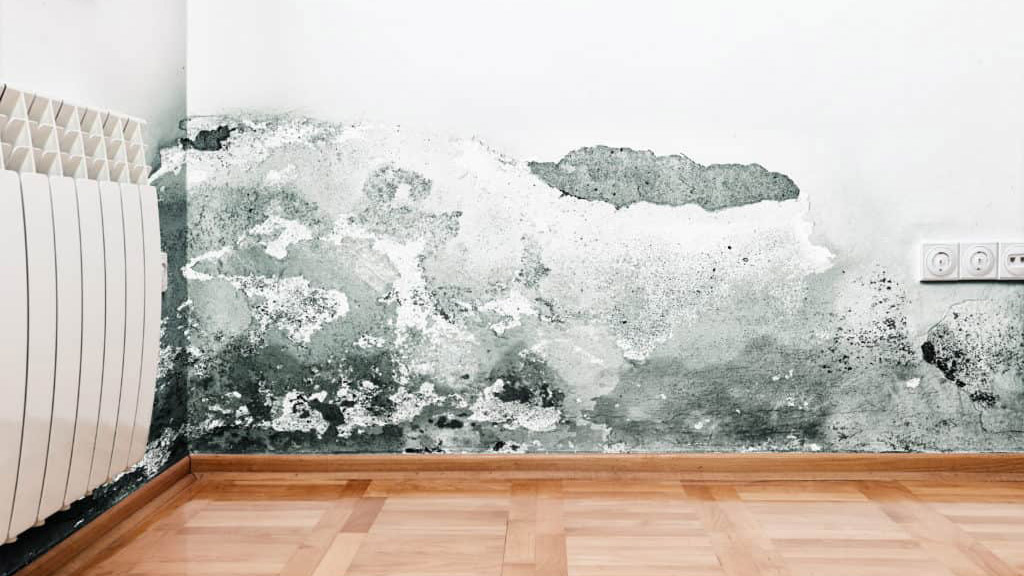It’s Summer Time, But Mold Doesn’t Take a Vacation.

Photo: Air Quality, Inc.
Higher temperatures mean more potential for mold, but there are several ways to fight it.
Summertime brings sun, fun, rain, cookouts, vacations — and mold. The risk of mold growth in your home increases in summer months with warmer temperatures and summer rains.
Did you know that the presence of mold indoors in even small amounts can trigger allergies and asthma attacks and even increase the risk of illness, especially among children and the elderly?
What to look for
If all moisture is not properly ventilated, the risk of mold growth increases.
If mold is not visible but a musty smell is present and persists, the mold may be growing under carpets or inside of walls or ventilation ducts.
Condensation can be caused by several issues, including steam from showers or poorly ventilated dryers or cooking ranges.
Before leaving for summer vacation, inspect your home for signs of water buildup, especially under sinks and around toilets, bathtubs and washing machines where leakage may occur.
Mold might also be hidden in rarely used rooms or closets, improperly ventilated attics or basements with inadequate waterproofing.
What to do
There are several ways to avoid moisture buildup and increase ventilation. If your home does not have them already, install exhaust fans in kitchen and bathrooms, and leave them on longer on humid days.
Make sure your dryer ventilates outside and not into a utility room, closet, crawlspace, or attic. On especially humid days, you may want to open doors or windows to air out your house.
Opening blinds and curtains to let in daylight will discourage mold growth and allow air to circulate more freely but closing them to provide shade during the hottest parts of the day will help keep your house’s internal temperature lower. Using a well-maintained and energy efficient air-conditioning system to keep your home cool can save money in the long run by reducing the potential for mold growth.
Installing a dehumidifier can also greatly reduce excessive moisture buildup.
Using a bleach-based household cleaning product will NOT kill mold it actually may help it to grow.
Source: Democrat and Chronicle
recent posts

Join All Boro at The NY Islanders Game!
Join us tonight at the New York Islanders game as we cheer on the team and support an incredible cause: The Little Saint Nick Foundation!

A Wild Day at the Bronx Zoo!
Thanks to our Summer Bash fundraiser in June, we were able to bring together an amazing community on September 15th for an unforgettable trip. We were joined by friends from: People's Arc of Suffolk AHRC Nassau The Center QSAC WellLife Network Outreach: Building...

Mell Goldman Honored at People’s Arc of Suffolk Candlelight Ball
Join Mell Goldman at People's Arc of Suffolk's Candlelight Ball on October 16th at Villa Lombardi’s! This is Mell’s first gala that he is being honored at, and we need to make this a great night for People’s Arc of Suffolk County who do so much for people with...
